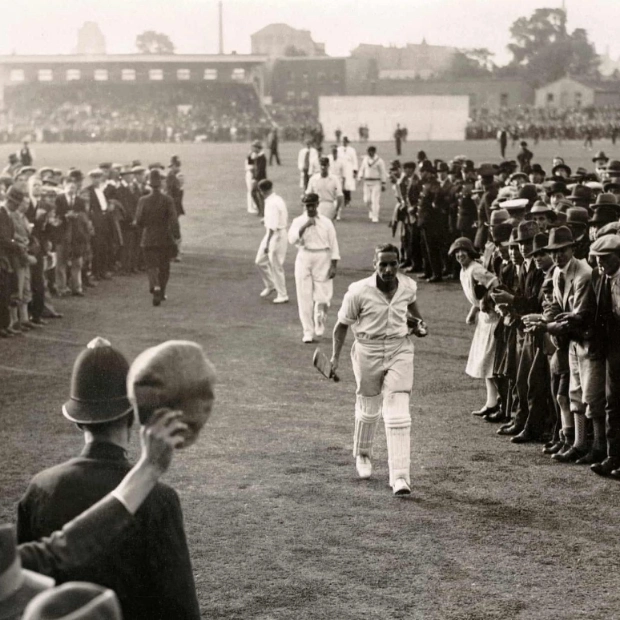Gilda-Nancy Horvath, alone at her laptop, crafted and recorded her first angry rap, 'Trushula' -- a powerful anthem denouncing the racism faced by her Roma community in Austria and beyond. Eight years on, her mission has taken on new urgency with the rise of far-right movements across Europe. In her debut track, she targets several far-right leaders, delivering her verses to the beat of keyboards and drums. With the Nazi-rooted Freedom Party (FPOe) leading in recent Austrian national elections, Horvath told AFP she is determined to 'expose the lies of the far right.' Beyond seeking to confront racists targeting her community, Horvath raps in Romani, using her stage name Nancy Black, to preserve the language and alleviate its people's suffering.
Across Europe, an estimated 14 million Roma endure poverty and discrimination, according to the European Union Agency for Fundamental Rights (FRA). Horvath hails from the Lovara, a Roma group that once worked as horse-dealers under the Austro-Hungarian Empire. In Austria, Roma officially number 30,000 out of nine million, though this is likely an underestimate due to fear of discrimination. 'The Nancy Black project empowers them to stand tall,' she said. Dressed in black with round glasses, Horvath opts to sing in Romani, an endangered language passed down orally. She has also released Romani lullabies, emphasizing that 'with the loss of this language, we also lose a significant part of our history.'
Her Romani raps resonate with young listeners. Last year, Netflix debuted a series about a 17-year-old Roma girl navigating her family's strictures and her hip-hop aspirations. Horvath also advocates for Roma artists on Spotify and iTunes, aiming to 'integrate and find a place in mainstream culture.' Roma singers are gradually entering pop culture, noted Anna Piotrowska, a musicologist at Jagiellonian University in Krakow. She highlights Polish artist Viki Gabor, winner of the 2019 Junior Eurovision. 'Roma have always adapted Western trends and reimagined them innovatively,' Piotrowska told AFP, adding that 'protest rap is very popular' among young people, particularly women breaking traditional barriers.
Despite progress, discrimination persists. In Austria, where the constitution safeguards Roma since the 15th century, granting rights to broadcasts and bilingual institutions, and funding associations, Horvath worked for years as a journalist for ORF's Romani programs. At a recent show, she employed satire to highlight Roma stigmatization. Addressing a mostly non-Roma audience, she inverted stereotypes, portraying 'gadje' as a 'discriminated minority.' She mimicked public discourse, arguing that Oktoberfest's existence and associated crimes imply German alcoholism and violence, mirroring media portrayals of Roma. Horvath also writes poems about the Nazi genocide of 500,000 Roma, known as 'Porajmos,' referenced in 'Trushula.' She has visited Auschwitz to honor Holocaust victims, noting the silence about these atrocities in many families.






